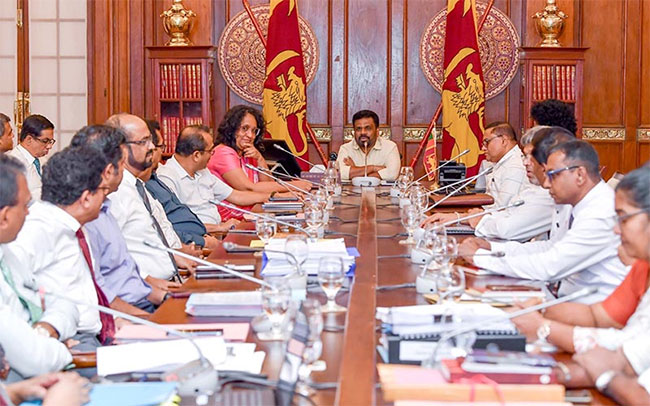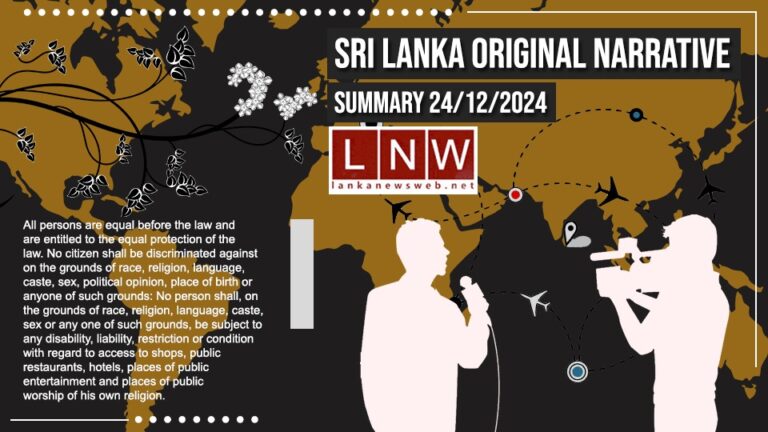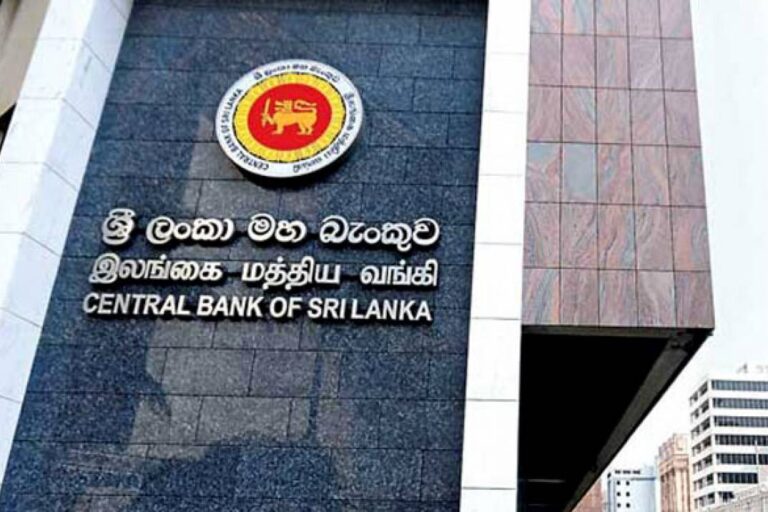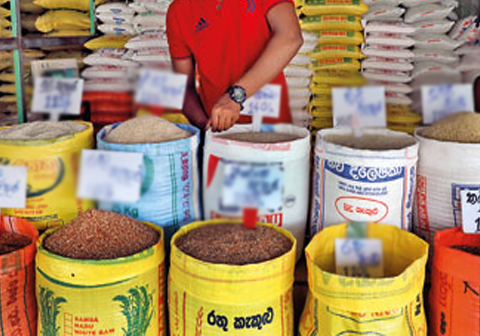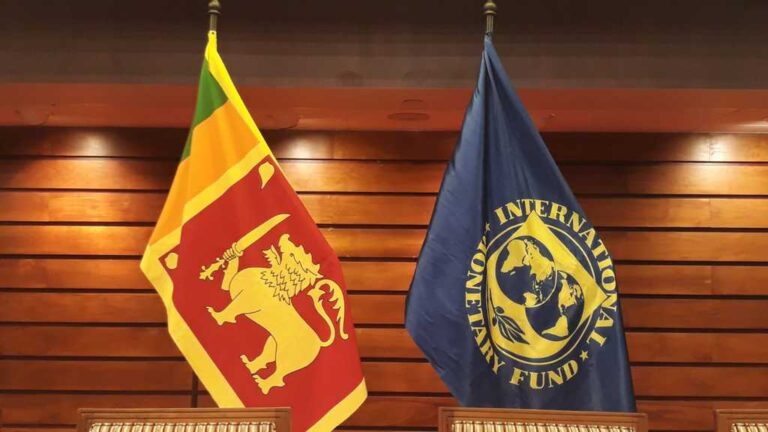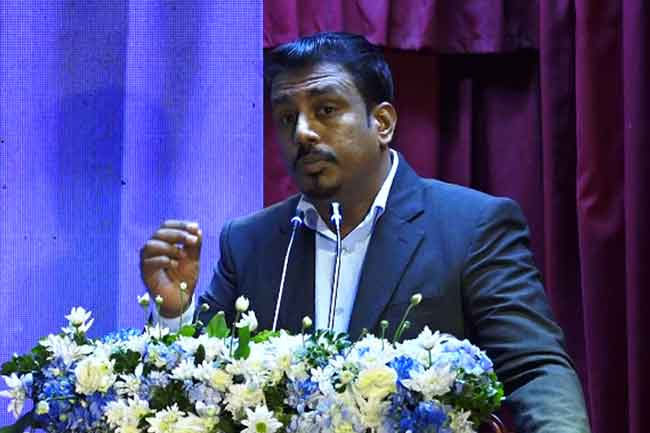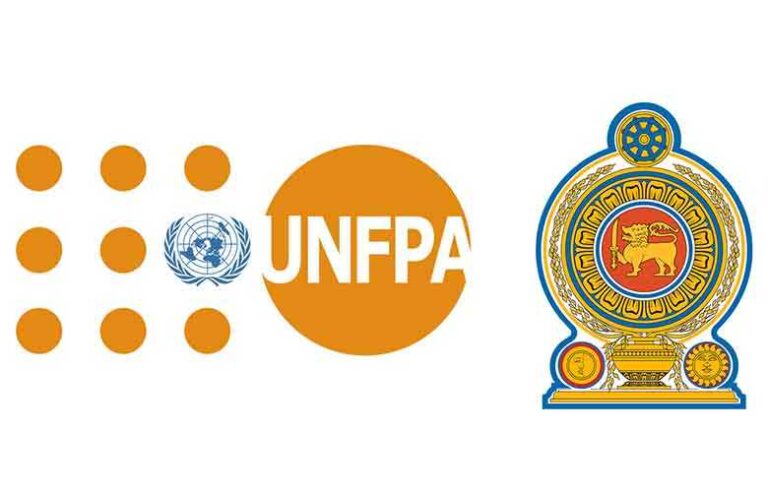December 24, Colombo (LNW): A significant meeting was held yesterday (23) at the Presidential Secretariat, led by President Anura Kumara Disanayake, to review the crucial preparations for Sri Lanka’s upcoming Mutual Evaluation (ME) by the Asia/Pacific Group on Money Laundering (APG).
This evaluation is vital in assessing the country’s efforts to combat money laundering and terrorism financing, both key components of maintaining global financial integrity.
The meeting gathered a wide range of stakeholders, including cabinet ministers, senior officials from various ministries, the Central Bank of Sri Lanka, and the Financial Intelligence Unit (FIU).
In a detailed discussion, the focus centred on ensuring that Sri Lanka meets international standards for Anti-Money Laundering (AML) and Countering the Financing of Terrorism (CFT), an area that has gained increasing importance globally.
The FIU provided an update on the immediate need to implement action plans that have already been approved by the Cabinet. These plans involve a coordinated effort from 24 vital institutions, including key regulatory bodies and law enforcement agencies.
Amongst the priorities identified were crucial legal reforms, capacity-building initiatives, and the fostering of stronger inter-agency cooperation.
Additionally, the maintenance of thorough records is essential to ensure compliance with the recommendations set by the Financial Action Task Force (FATF), the global watchdog for financial crimes.
The President stressed the urgency of setting up dedicated teams to oversee the implementation of these action plans. He emphasised that strict monitoring and adherence to the outlined timelines are crucial for the country’s successful evaluation.
The President further highlighted that collaboration across all sectors, coupled with clear accountability, is fundamental to fortifying Sri Lanka’s AML and CFT framework.
Addressing the challenges ahead, the President underscored the need for a resilient and efficient system to ensure a favourable outcome in the evaluation.
He pointed out that this is not only about fulfilling international obligations but also about securing Sri Lanka’s financial stability and enhancing international confidence in the country’s economic resilience.
The meeting also saw the presence of Deputy Minister of Finance and Planning, Dr. Harshana Suriyapperuma, and the Secretary to the President, Dr. Nandika Sanath Kumanayake, who contributed to the discussions on the steps necessary to align Sri Lanka with global financial security standards.


